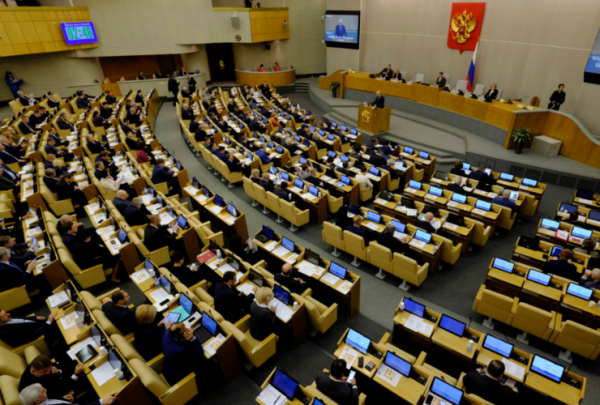The Supreme Court of Slovakia is suing a Slovakian radio station to the tune of €200,000 in a lawsuit alleging that the station falsely suggested that the Supreme Court had spent €32,700 on the refurbishment of the bathroom of the court’s president.
If found guilty, the station may be ordered to pay damages to Supreme Court President and former Minister of Justice Stefan Harabin, who brought the lawsuit against Radio Express on behalf of the court.
The case was filed in a Bratislava District Court in April and refers to a broadcast on 19 January in which the claim was made that the renovation of the bathroom adjacent to Harabin’s office had cost 1 million SKK, or approximately €32,700. The Supreme Court has argued that this figure referred to the cost of the renovation of the entire office, and that the renovation of the bathroom cost only €2,279. Harabin, on behalf of the Supreme Court, is demanding €200,000 in damages for the sullying of the court’s reputation. Radio Express was quoting a figure from the Pravda newspaper, which has also been sued for damaging the court’s reputation.
“This lawsuit is not aimed at protecting the reputation of the court, but at the liquidation of media who say things that are ‘inconvenient’,” said Pavol Mudry, a board member of IPI, and its affiliate, the Southeast Europe Media Organisation (SEEMO), as well as of SITA, the Slovak News Agency.
This lawsuit has added to growing concern about the independence of the Slovak judiciary in cases relating to libel and defamation.
According to an article in the Slovak Spectator, in 2009, courts in the country awarded over €309,000 in damages to public officials in civil actions against publishers and other media.
“While it is not unheard of for sizeable damages to be awarded in other European countries, the number of cases and the fact that most are initiated by public officials seems to be a trend specific to Slovakia at present,” IPI noted at the time.
Earlier this month, IPI welcomed a decision by the Constitutional Court in Slovakia that the judiciary had violated the rights of a Slovakian weekly magazine and failed to take into account the principle of freedom of expression when it directed the magazine to pay SKK 250,000 (€8,300) to a judge for defamation of his character.
The Constitutional Court referred in its decision to rulings by the European Commission of Human Rights, the German Federal Constitutional Court and the Supreme Court of Canada, and ruled that given the plaintiff’s public role and the nature of the article in question, the magazine was within its rights to publish the article.
This decision was hailed as a significant victory for press freedom in Slovakia, and was widely expected to set a precedent preventing further cases of excessive damages against the media in libel suits.
“We are concerned at the repeated use, in Slovakia, of civil defamation cases, accompanied by disproportionate fines targeting the media,” said IPI Deputy Director Alison Bethel McKenzie. “Such a trend creates an environment in which independent media may feel pressured and intimidated, and acts as a restriction on investigative reporting.”


